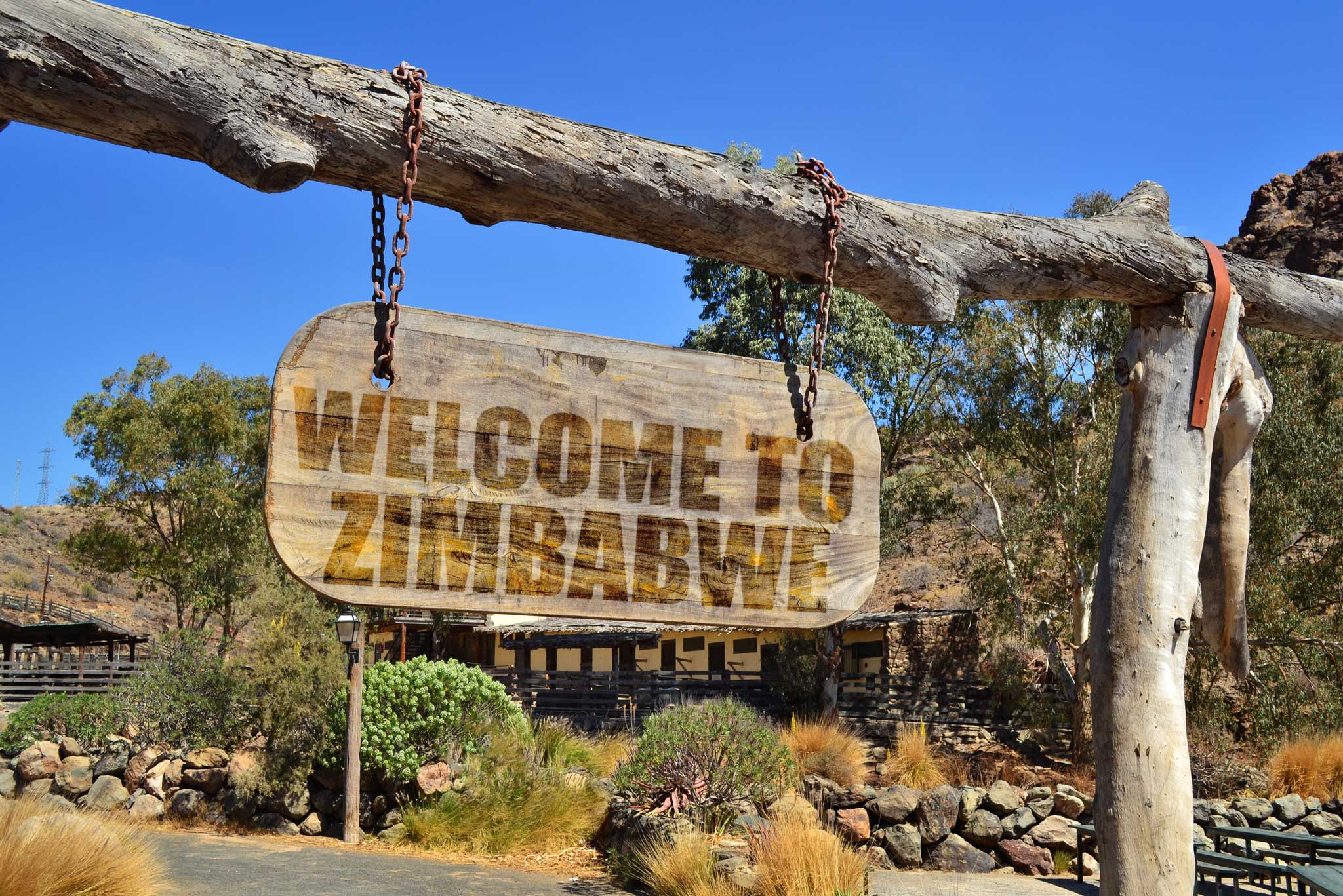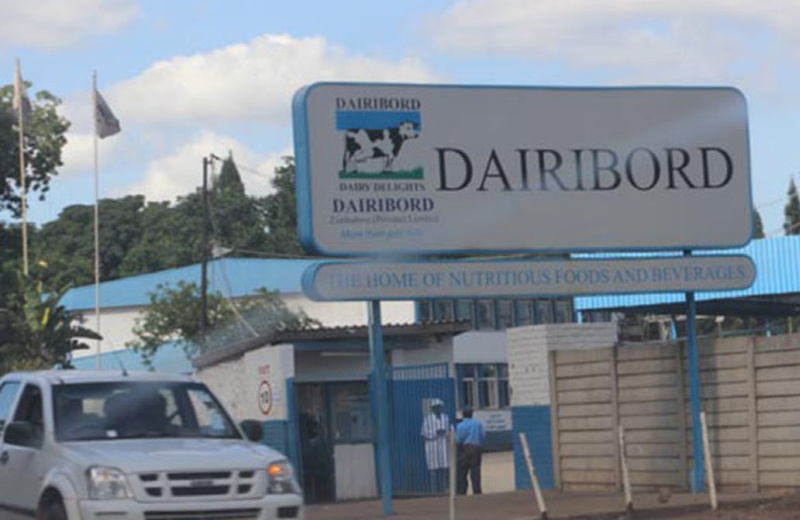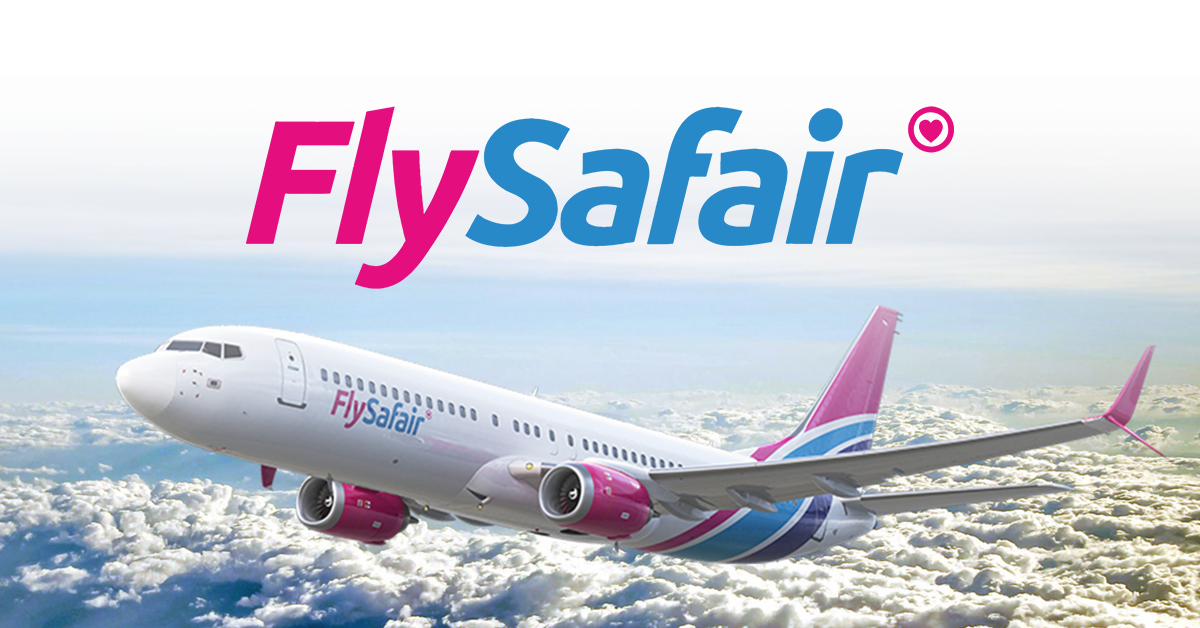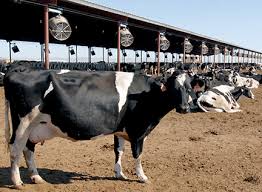Swedish entity funds US$4 million project to increase dairy herd
GOVERNMENT, working in conjunction with development partners, has embarked on a massive US$4 million project aimed at increasing the country’s dairy herd including boosting the horticulture value chains in 13 districts.
The project, which is known as Inclusive Market Oriented Value Chains for Economic Development (Imoved) is a four year programme being funded by We Effect, a Swedish entity.
It is being implemented in 13 districts of the country by three local partners comprising Women and Land in Zimbabwe, Zimbabwe Association of Dairy Farmers and Zimbabwe Dairy Industry Trust.
US Dollars
The programme has three thematic areas of concentration namely dairy hub, green hub and soya processing hub. The dairy hub will be focusing on artificial insemination of beef cattle into dairy cattle, fodder production, calf rearing and animal husbandry production and clean milk production.
The green hub will see the establishment of a five hectare irrigation for fodder, horticulture and soya beans production. The soya processing hub will be a value centre with a processing machine of soya to cooking oil while soya cake will be used as cattle feed. The green hub and soya bean processing hub will help to sustain the dairy hub.
Speaking recently during an inception meeting in Gwanda, Women and Land in Zimbabwe projects officer Mr Mthokozisi Tshuma said the project seeks to develop sustainable livelihoods for women, men, youth and small holder farmers.
He said the project is targeting 10 500 beneficiaries in 13 districts of the country.
“The project that we are implementing is known as Inclusive Market Oriented Value Chains for Economic Development. In Matabeleland South province we will start off with Gwanda District where we will be targeting Ward 2 and Ward 9,” said Mr Tshuma.
“We will be establishing three hubs under the project and these include the dairy hub, green hub and soya processing hub. We have realised that there are a lot of beef cattle in Matabeleland South hence we intend to practice artificial insemination which will boost the dairy herd.”
Mr Tshuma said a milk collection centre will be established where the dairy farmers will be able to sell their milk.
“The programme will also promote production of fodder to sustain the animals and production of horticulture crops to ensure farmers can sustain their families. In each area, a five hectare solar powered irrigation scheme will be established where soya beans will also be produced,” he said.
Mr Tshuma said farmers will be assisted with equipment to start processing works.
We Effect dairy specialist, Ms Portia Mukunde said the Imoved project has been informed by lessons learnt from previously implemented agricultural programmes.
She said the programme will focus on promoting the inclusion of women and youths in the three value chain hubs. Ms Mukunde said the programme will incorporate already existing farmers as well as new ones. She said the horticulture and soya bean production sectors will augment the dairy value chain.
Ms Mukunde said the project seeks to increase the capacity of smallholder farmers through increasing their production, and linking them to the markets.
“We have been operating in Zimbabwe since 2003. In Southern Africa we are also in Malawi and Zambia. Our role is to provide support to various partners in the form of financial support, technical capacity building so that they are strengthened in the activities that they are carrying out,” she said.
“As We Effect our vision is to see a world which achieves an end to poverty in a sustainable way. Our thematic areas are in climate justice, gender transformation and the right to food.”
Ms Mukunde said the Imoved project will boost incomes for smallholder farmers participating in the dairy, soya beans and horticulture value chains.
The programme will run until November 2026. The dairy sector has recorded a six percent growth from 36 million litres in 2022 to 38 million litres recorded this year as Government’s push on import substitution through increased local production bears fruit.
Under the Presidential Silage programme, Government has distributed a standard input package comprising of climate smart pasture options and alternative feed to promote on farm feed formulations.
Government initiatives are targeting to drastically cut the cost of milk production through the setting up of a pasture-based system and increase business sustainability.
Stock feed contribute more than 60 percent of total costs incurred on the farm.–chronicle










